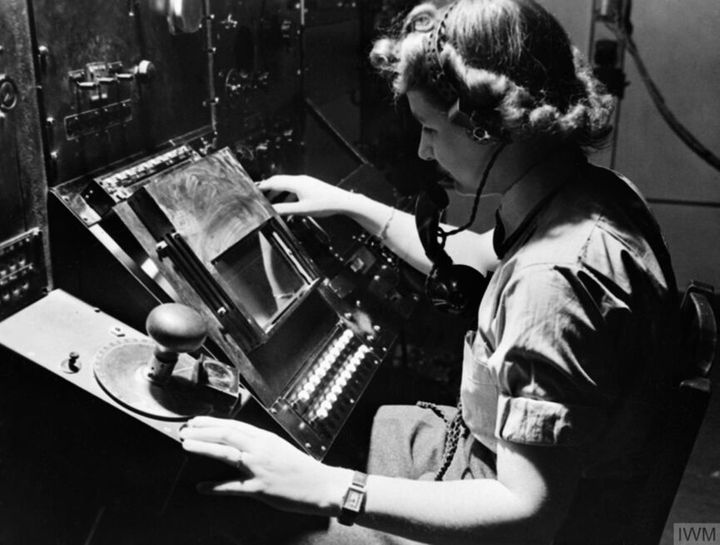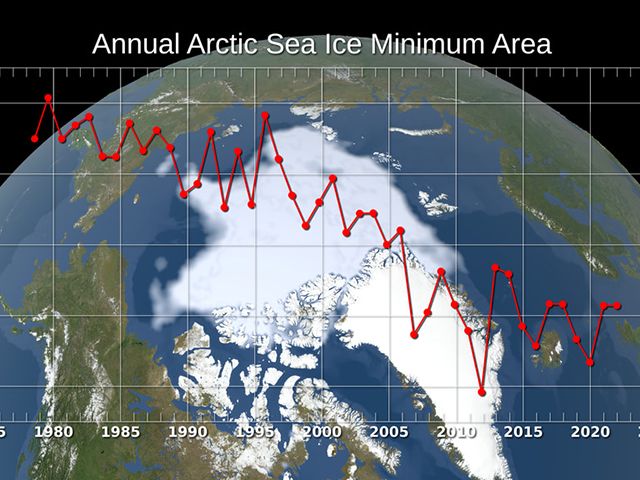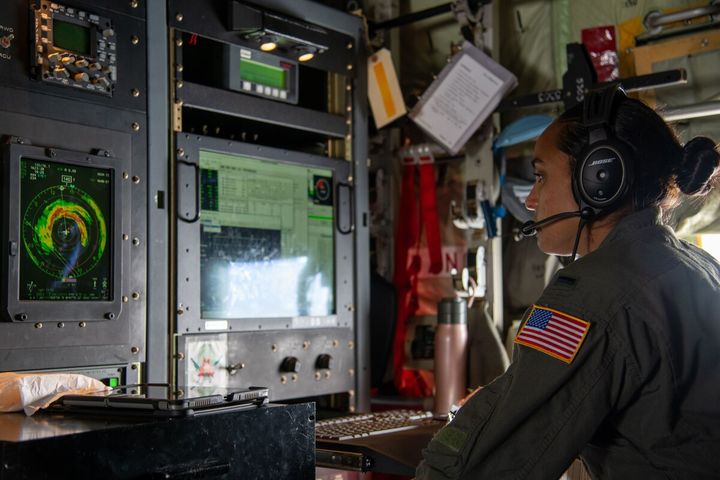Sensing
Episode 29 - New Weather Value Propositions with Paul Walsh
In order to create realistic business revenue with weather and climate data: 1. Know the weather 2. Make it actionable with the right analytics 3. Integrate it into existing business decision systems.
RADAR
RAdio Detection And Ranging, or RADAR, was developed during World War II and has gone on to benefit society beyond wartimes. Did you know RADAR detects rain, snow, tornado debris, and even bugs and birds?
Episode 23 - Arctic Security with Marisol Maddox
In the Arctic, climate change is occurring four times more rapidly than the rest of the world. It's also where we have significant data and science gaps and where foreign policy challenges are magnified. Marisol Maddox from the Wilson Center joins the Triple Point for an enlightening discussion.
Episode 22 - Hunting Hurricanes with Jeremy DeHart and Kyle Larson
Without the information gathered from the Hurricane Hunters, the intensity and track of hurricane predictions would be wildly inaccurate. Take a journey with us as we explore Hurricane Hunter missions in Michael, Ian, and even the atmospheric rivers that flooded California this January.
![Episode 29 - New Weather Value Propositions with Paul Walsh [Full Transcript]](https://images.unsplash.com/photo-1540340061722-9293d5163008?crop=entropy&cs=tinysrgb&fit=max&fm=jpg&ixid=M3wxMTc3M3wwfDF8c2VhcmNofDQ0fHxzdG9yZXxlbnwwfHx8fDE2OTYyNDUwNzJ8MA&ixlib=rb-4.0.3&q=80&w=720)


